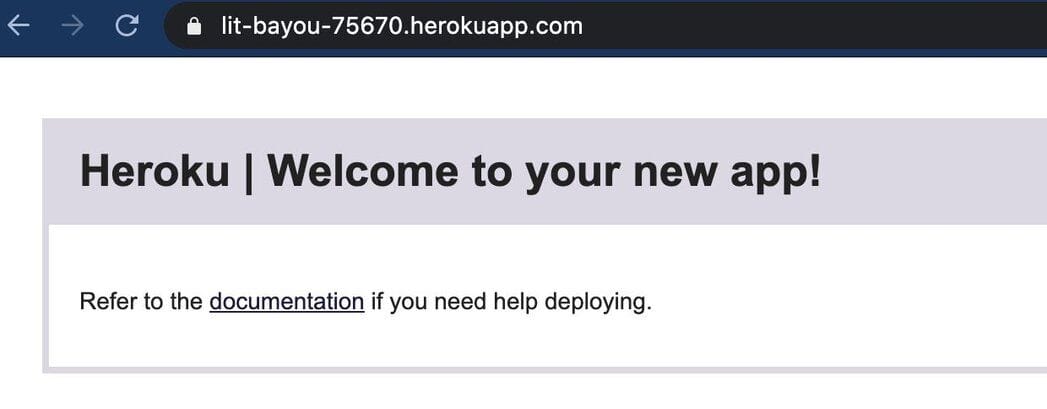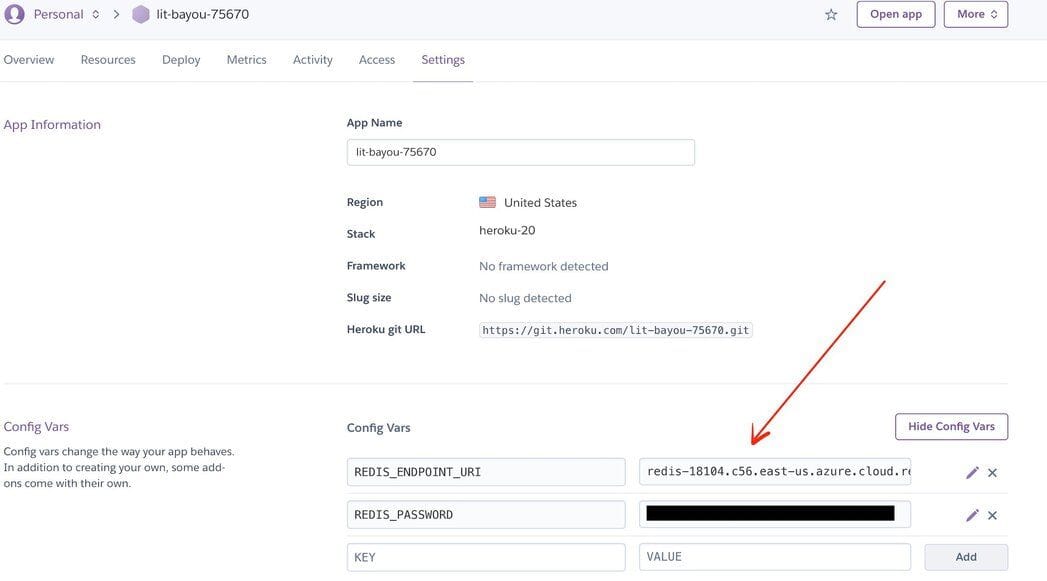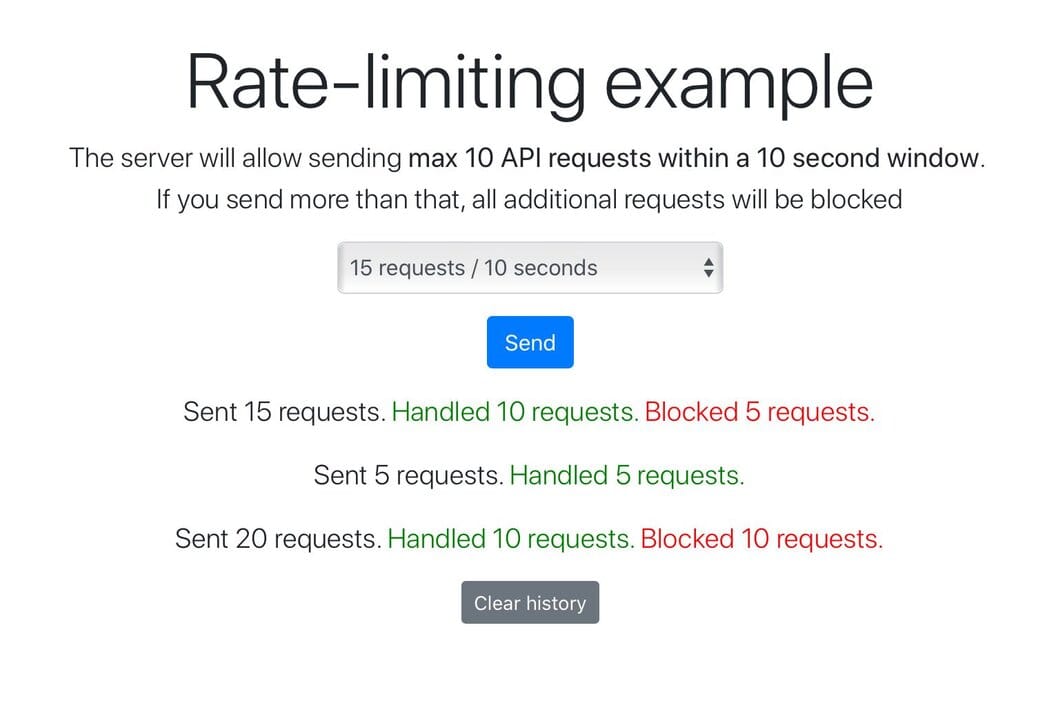For developersRedis on Heroku


Heroku is a cloud Platform as a Service (PaaS) supporting multiple programming languages that is used as a web app deployment model. Heroku lets the developer build, run and scale apps in a similar manner across all the languages(Java, Node.js, Scala, Clojure, Python, PHP, Ruby and Go).
#Using Redis Cloud directly
Redis is source available, in-memory, key-value data store most commonly used as a primary database, cache, message broker, and queue. Redis cache delivers sub-millisecond response times, enabling fast and powerful real-time applications in industries such as gaming, fintech, ad-tech, social media, healthcare, and IoT.
Redis Cloud is a fully-managed cloud service for hosting and running your Redis dataset in a highly-available and scalable manner, with predictable and stable top performance. Redis Cloud allows you to run Redis server over the Cloud and access instance via multiple ways like Redis Insight, redis command line as well as client tools. You can quickly and easily get your apps up and running with Redis Cloud through its Redis Heroku addons , just tell us how much memory you need and get started instantly with your first Redis database. You can then add more Redis databases (each running in a dedicated process, in a non-blocking manner) and increase or decrease the memory size of your plan without affecting your existing data.
#Getting started
You can quickly and easily get your apps up and running with Redis Cloud directly.
#1. Create a Redis Cloud account
Create your free Redis Cloud account by visiting this link. You can follow this guide to learn how to setup your database and retrieve your endpoint and credentials for the rest of this tutorial.
#2. Create a Heroku account
If you are using Heroku for the first time, create your new Heroku account through this link.
#3. Install Heroku CLI on your system
#4. Login to Heroku
#5. Connect your application to Redis Cloud
For this demonstration, we will be using a Sample Rate Limiting application.
#Clone the repo
Run the commands below to get a functioning Git repository that contains a simple application as well as a package.json file.

#6. Set your environment variables
Go to the Heroku dashboard, click "Settings" and set
REDIS_URL and REDIS_PASSWORDunder the Config Vars.Refer to Step 1 for the correct values to use.

#7. Push the code to git
#Check the logs
#8. Access the app
#Step 8. Accessing the app
